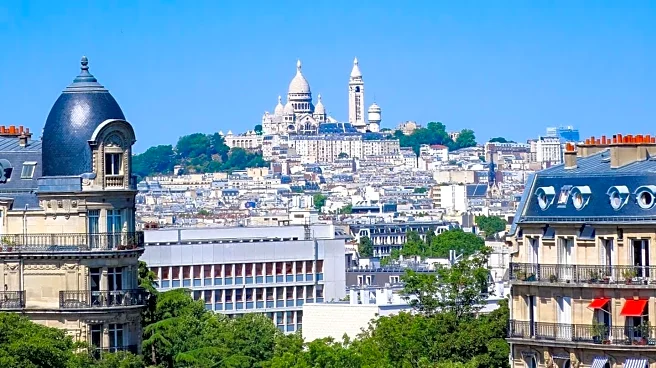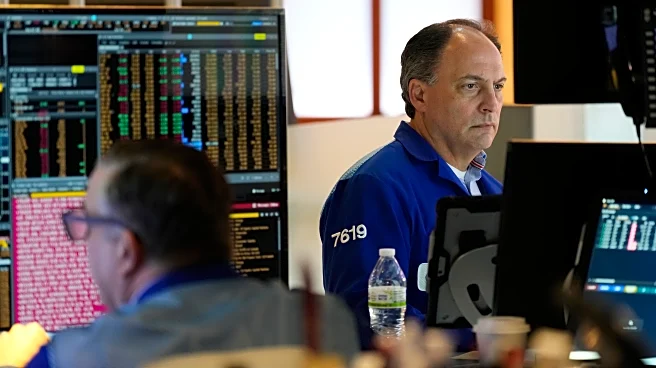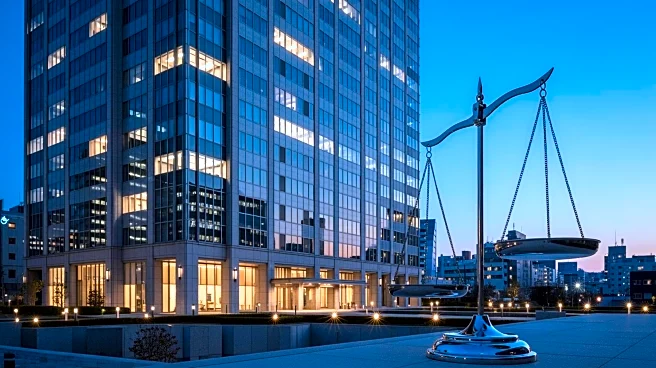What's Happening?
Residents of Montmartre, a popular tourist neighborhood in Paris, are protesting against overtourism and the 'Disneyfication' of their area. Local stores are disappearing, replaced by tourist shops and cafes, while pedestrian-only streets accommodate growing visitor numbers. Residents have expressed frustration over the loss of local culture and the challenges posed by increased tourism, including overcrowding and the disappearance of essential services. Banners have been displayed in Montmartre, highlighting the residents' resistance and calling for action from local authorities.
Why It's Important?
The situation in Montmartre underscores the broader issue of overtourism affecting many European cities. As iconic neighborhoods become overwhelmed by tourists, local residents face displacement and a loss of cultural identity. The economic benefits of tourism must be weighed against the social and environmental costs, prompting cities to reconsider their tourism strategies. Paris's efforts to address these challenges, such as cracking down on short-term rentals, could serve as a model for other cities seeking to balance tourism with community needs.
What's Next?
Paris authorities may need to implement further measures to manage tourism in Montmartre and other affected areas. This could include stricter regulations on short-term rentals and initiatives to preserve local businesses and culture. The ongoing protests may lead to increased dialogue between residents and policymakers, potentially resulting in new policies that prioritize the needs of local communities. As tourism pressures continue to grow, cities worldwide will need to explore sustainable solutions to ensure the well-being of their residents.
Beyond the Headlines
The protests in Montmartre highlight the cultural and ethical dimensions of overtourism, as residents fight to preserve their neighborhood's identity. The concept of 'zombie cities,' where historic areas become lifeless tourist attractions, raises questions about the future of urban living in popular destinations. As global travel continues to rise, cities must navigate the complex relationship between tourism and community, fostering environments that support both economic growth and cultural preservation.










